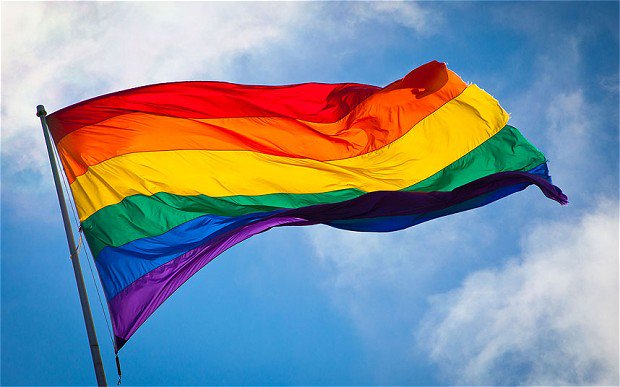Russia to open Pride House in 2018 World Cup
The house isn't currently affiliated with Pride House International
By Steve Brown

Russia will have a LGBT Pride House during the 2018 World Cup.
The host city, St Petersburg, will be opening the Pride House to allow the LGBT+ community to “find shelter” during one of the most watched sporting competitions, despite having an anti-LGBT history.
President Vladimir Putin recently introduced a law that bans gay propaganda and has lead to the arrest of many LGBT+ activists, some of which were arrested for sharing a post on social media.
But now according to the Russian outlet Fontanka, the Pride House would be open for the World Cup and said it comes after a number of LGBT+ rallies had been shut down in the city.
A Pride House is a temporary location which hosts members of the LGBT+ community during the sports event and were first introduced during the 2010 Winter Olympics in Vancouver.
However, it will not be an official Pride House as it is not affiliated with Pride House International (PHI) – the organisation which helps set up the houses at major international sports events.
In a statement, the PHI said: “Pride House International does have a history working with local LGBT+ activist organisations to develop safe spaces for LGBT+ fans, athletes and allies and we have been in talks with local activist groups to strategize around the 2018 World Cup but this initiative in St Petersburg is unknown to us.
“Although we at Pride House International are learning about these plans for the first time, we would invite the local Russian activist group to reach out to us for support.”
Because of Russia’s history against the LGBT+ community, FIFA are in talks about setting up a “special task force” to deal with the issue.
Butequality group, Fare, issued a guide to allow people to protect themselves during the World Cup.
It read: “The guide will also include some detailed explanations of, for example, the actual situation of the LGBT community in Russia.
“Issues relating to the LGBT community are not part of the public discourse.”
